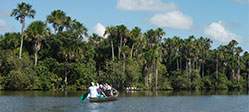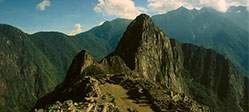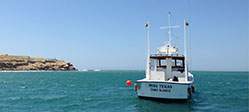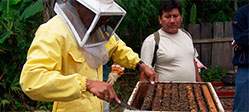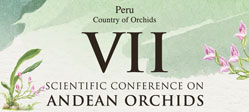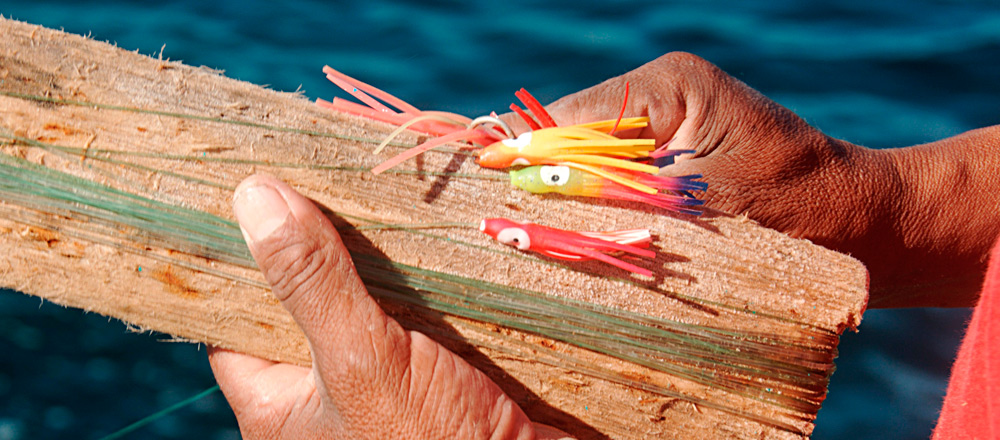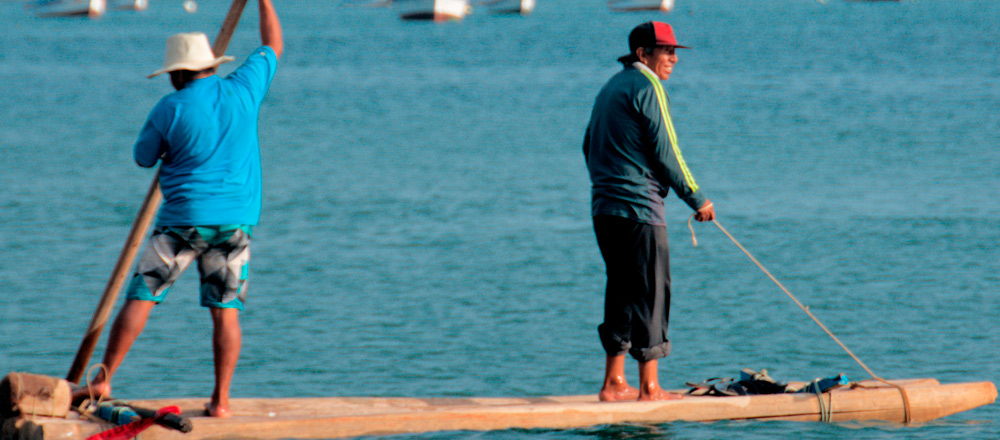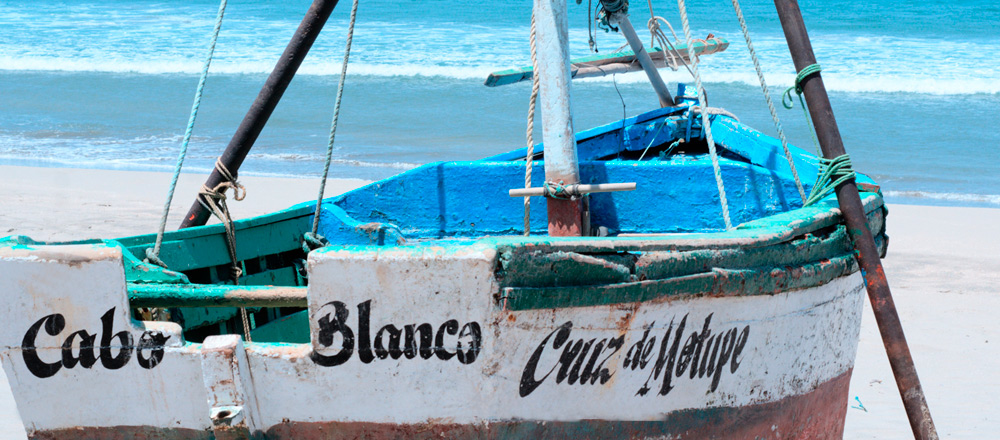Research > Ocean & Forest > Marine Protected Area and Sustainable Fishing
One of the 17 megadiverse countries in the world, Peru is among the signatory nations in the Convention on Biological Diversity. According to the Aichi Biodiversity Targets, 10% of the country’s seas shall be protected by 2020. Nonetheless, to this date no marine reserve has been approved.
In 2012, NGO Inkaterra Asociación has presented to the Ministry of Environment a technical proposal to justify the creation of the first marine reserve in Peru, in the Cabo Blanco tropical sea.
The project aims to restore biodiversity, promoting the sustainable management of commercial species through the creation of new fisheries for artisanal fishermen and the mitigation of illegal fishing in reproduction areas. Inkaterra has signed agreements with local communities via El Alto Town Hall and the Artisanal Fishermen Guild, organizing workshops with Japanese specialists on sustainable fishing and fish management, including techniques to process sashimi-quality tuna, onboard Inkaterra’s school-boat Analúa.
Inkaterra is also developing the ‘Sea to Table’ traceability program with the Ministry of Production (PRODUCE) and the Peruvian Gastronomy Society (APEGA) to guarantee good practices and high product standards, creating added value for artisanal fishermen, supplying hotels and restaurants. A plant for ozone ice was built in association with FINCYT to improve fish conservation.
In an effort to reduce migration to preserve local culture, the use of ancestral watercrafts for artisanal fishing are being recovered in Cabo Blanco. This tradition has been proposed as Living Cultural Landscape of Peru, first step to be declared Intangible Cultural Heritage by UNESCO. In addition, Glassell and Hemingway’s Miss Texas fishing boat was restored by Inkaterra in 2013, a symbol for the recovery of the Peruvian Tropical Sea.
Green jobs are promoted for local communities, who are trained on hospitality and eco-friendly activities such as marine life observation (especially humpback whales, green turtles and pelagic birds), surfing, sport and artisanal fishing. Inkaterra is also creating tourism infrastructure with a positive social impact: a new dock has been implemented, while running water service disrupted since the 1983 El Niño phenomenon has been recovered.
Inkaterra also supports the design of public policies for the conservation and sustainable use of marine resources, as well as to determine the application of techniques for sea managing and zoning, creating conservation corridors to recover priority areas. Public-private alliances with the Latin American Development Bank (CAF), Peru’s Ministry of Environment, the National Fishing Development Fund (FONDEPES), Talara and El Alto Town Halls, the Artisanal Fishermen Guild, are established to safeguard Cabo Blanco ichthyologic richness.



